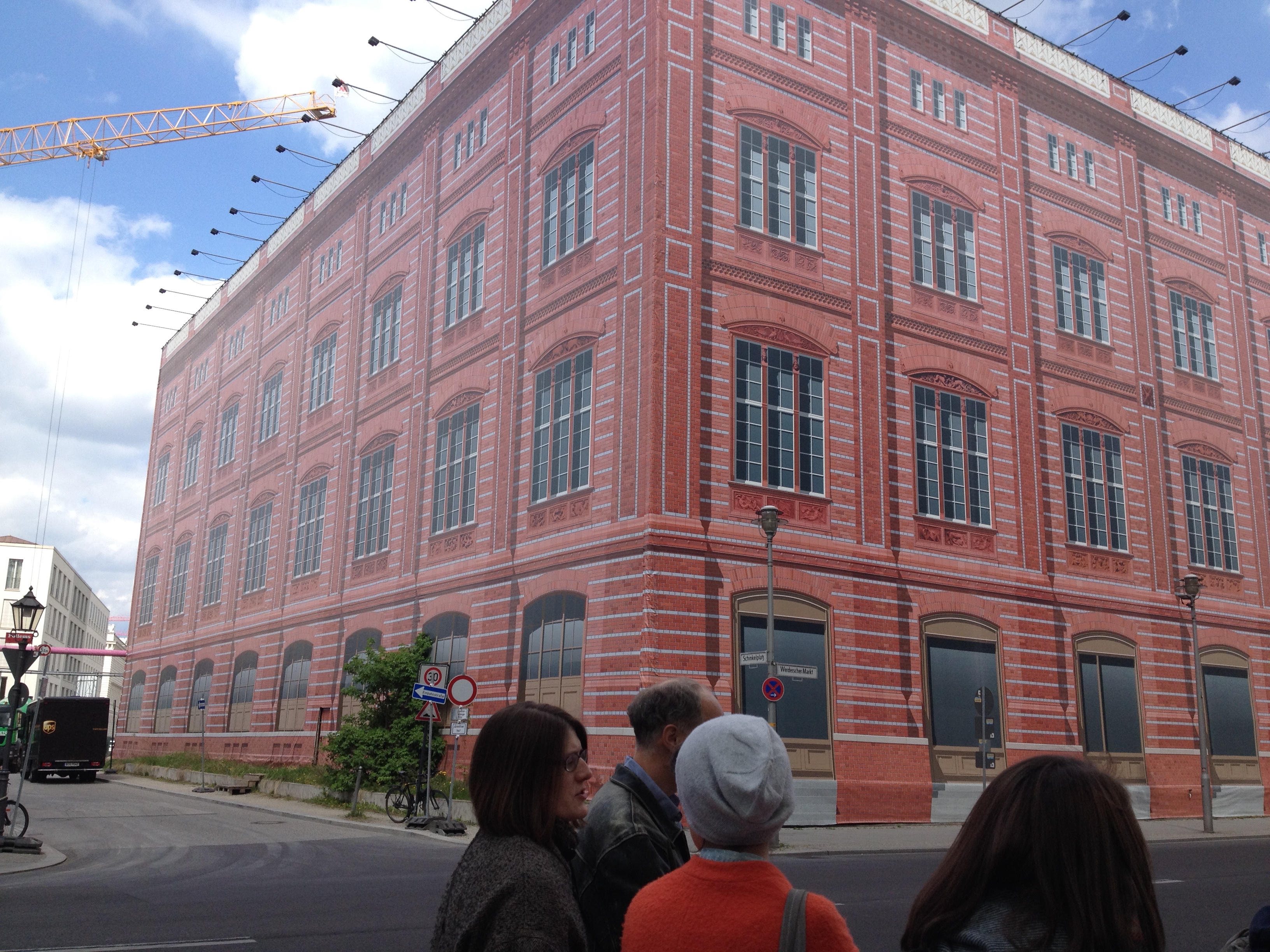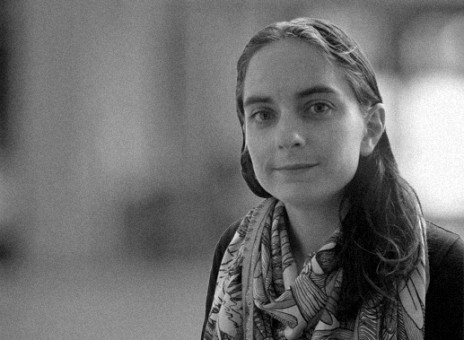A Berlin Thought Experiment: Heritage Futures Visits CARMaH
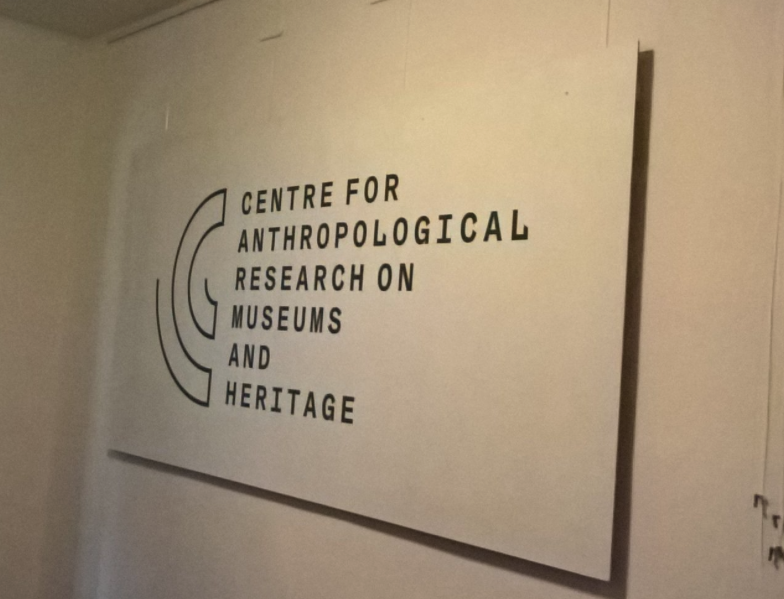
Knowledge exchange is key to the Heritage Futures project. We run theme-specific and project-wide events consisting of symposia, workshops, exhibitions, and conference panels. Some events bring together project partners, academics and practitioners, such as this workshop that we ran in 2016. Others engage wider public audiences, such as our participation in this Salon associated with the ‘Cabinets of Consequences’ exhibition. Being a multidisciplinary team (of archaeologists, anthropologists, geographers, and a creative practitioner) sharing research-insights helps us to probe assumptions that underpin the disciplinary and practitioner fields we work across. It is vital for generating shared, critical understandings about heritage futures.
In April 2017, Heritage Futures assembled in Berlin for a knowledge exchange meeting hosted by the Centre for Anthropological Research on Museums and Heritage (CARMaH) at the Humboldt-Universität. Joined by CARMaH researchers and visiting guests, we presented (in our themes) ongoing fieldwork and initial findings. We considered questions reflective of the mid-way point of the project:
- What is our research theme showing about ‘heritage futures’ and how these are being crafted into being?
- How far do our fieldwork findings make us rethink what was originally expected?
- What seem to be the most important questions and issues to tackle?
Our aim for considering such questions was to share empirical materials and facilitate cross-theme discussion to shape our subsequent work. Informed by their involvement in related projects (Making Differences in Berlin and TRACES), CARMaH researchers chaired our presentations and critically probed emergent-findings. Presentations reported on the diverse heritage sites we work across, addressed core issues (e.g., PI Rodney Harrison asked in his opening address ‘what material and social work do heritage decisions and value(ing) do?’), and showed visual materials – including short video clips made at the Svalbard Global Seed Vault and Orford Ness by Diversity and Transformation-theme researchers. Discussion was varied yet addressed core issues for Heritage Futures, and did so in ways that went beyond the confines of any one theme.
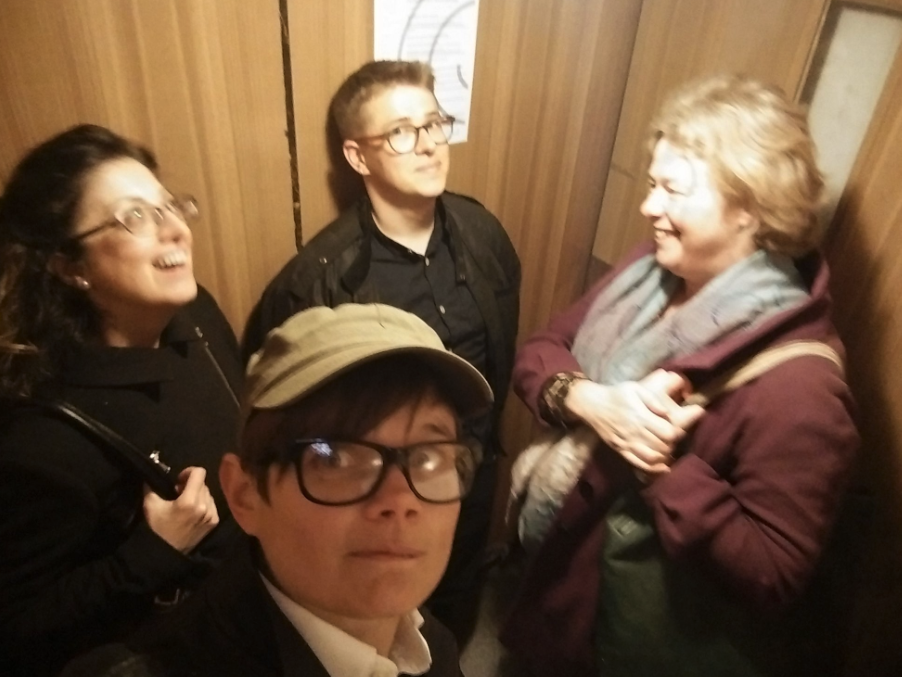
Discussion was varied yet addressed core issues for Heritage Futures, and did so in ways that went beyond the confines of any one theme
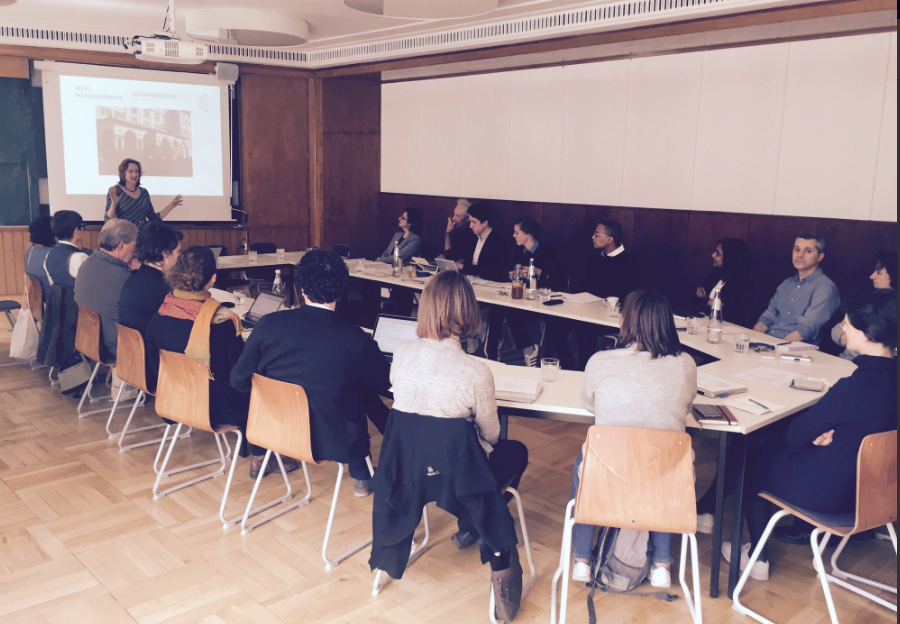
This was illustrated, for example, when Diversity-theme PhD student, Kyle Lee Crossett, presented an analysis of London museum websites. He considered how the term ‘diversity’ is used and what kinds of difference it evokes. His finding that it is used, amongst other things, to demonstrate (what Co-I Sharon Macdonald summarised as being) an ‘additive model’ (Rogoff 2013) – or having lots and different kinds of things – prompted unanticipated links to the Profusion-theme. It encouraged the group to consider the ways collecting moves beyond more traditional ‘preservationist’ goals to ‘creating’ diversity; yet, as Uncertainty-researcher Sarah May observed (drawing on fieldwork with heritage sheep breeders) might do so in ways that ‘obliterate diversity’ through tightly controlled (and in her fieldwork case, economically valued) notions.
In addition to the knowledge exchange meeting, coinciding events involving visiting guests to CARMaH provided Heritage Futures with additional scope to expand our thinking. This included a colloquium by anthropologist John Borneman (who currently examines encounters between culturally-identified Germans and new refugees and migrants) and a public lecture by sociologist Tony Bennett (on ‘Re-collecting Ourselves: Indigenous Time, Culture, and Museums‘). A visit to the Humboldt Forum rounded off an invigorating exchange.
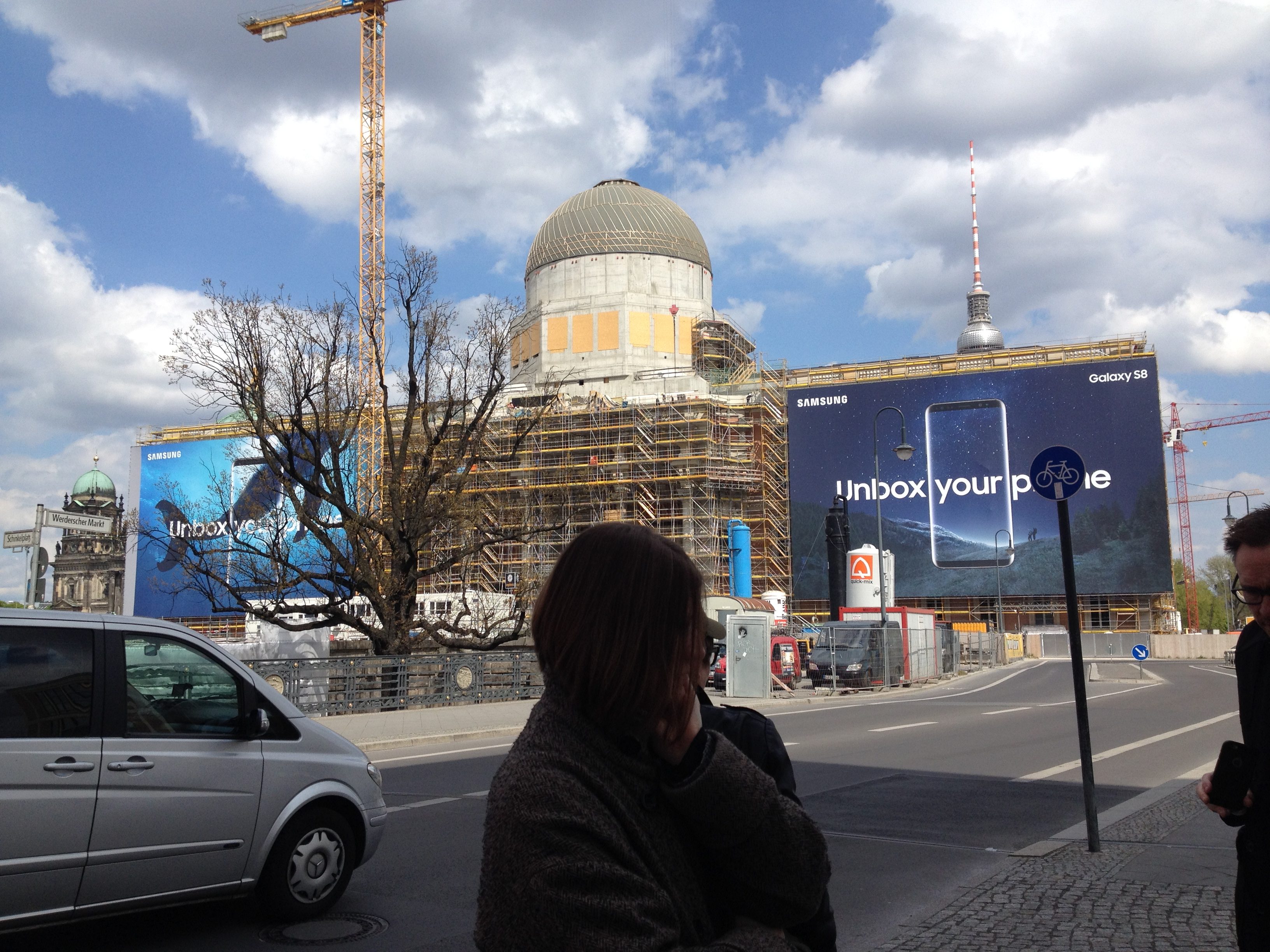
Our Berlin knowledge-exchange prompted us to unsettle assumptions and engage creatively with our emerging empirics and insights from beyond the contexts we immediately work in
Much like the Forum’s aim to encourage people ‘to find out how things in our world are related to one another, discovering the strange in the familiar and the familiar in the strange’ our Berlin knowledge-exchange prompted us, as individual researchers, themes, and a team, to unsettle assumptions and engage in creative ways with our emerging empirics and insights from beyond the contexts we immediately work in. This was perhaps most explicitly achieved during a final break-out session. Led by Co-I Sharon Macdonald, and with the help of our CARMaH colleagues, tentative steps towards schematically accounting for the different affordances which shape the crafting of heritage futures were made. Levels of scale, types of futures, perceived threats, modes of keeping and loosing, and power dynamics were all discussed. Fleshing out such affordances – as we will continue to do including through our Lexicon – is as we see it a crucial issue to tackle through our future work.
Rogoff, R., (2013). ‘The expanded field’. In: J-P. Martinon (eds), The Curatorial: A Philosophy of Curating. London: Bloomsbury, pp. 41-48.
